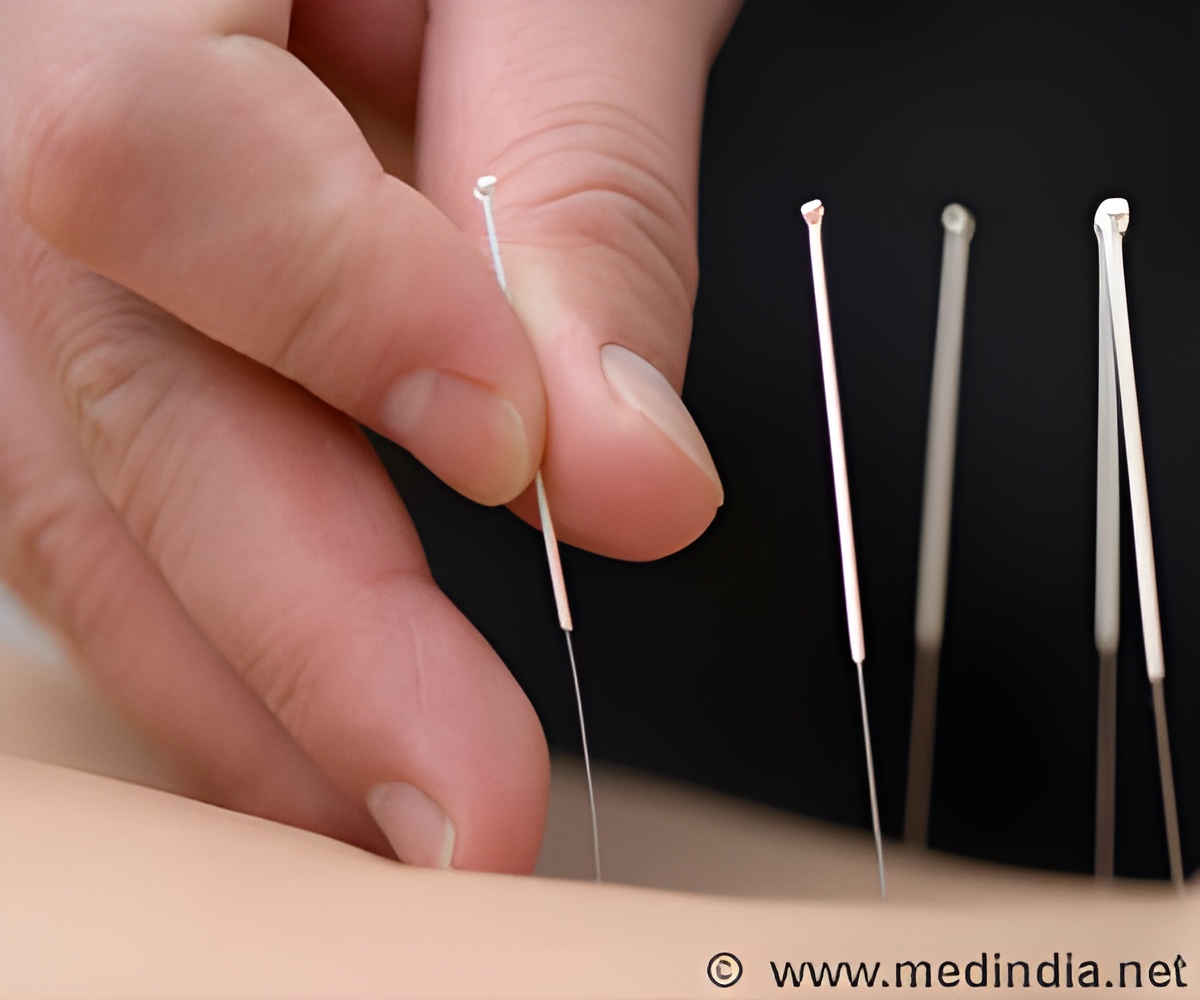Yoga, tai chi and meditation help reduce the use of medication for pain relief and can be used in the treatment for chronic pain.

‘Integrative medicine including acupuncture, for pain can play a major role in reducing the frequency and amount of opioid usage.’





In the special issue, they and other anesthesia and pain medicine physicians share evidence on this and other potentially effective strategies to reducing reliance on opioids to treat chronic and postoperative pain. Complementary Medicine as Alternatives to Opioids - What’s the Evidence?
Dr. Lin and coauthors reviewed and analyzed current evidence on integrative medicine therapies--also called complementary and alternative medicine--for the treatment of pain. "Integrative medicine for pain can play a major role in reducing the frequency and amount of opioid usage," the researchers write.
The analysis included a total of 32 studies evaluating seven different types of integrative medicine therapies for pain. Acupuncture was the treatment showing the strongest evidence for effectiveness in reducing pain.
Overall there was "strong positive evidence" showing a beneficial effect of acupuncture for the treatment of chronic pain. There were also studies showing that acupuncture reduced the dose of opioids needed to control pain after surgery, with reduction in opioid-related side effects.
Advertisement
Few of these studies addressed the effects on use of prescription medications in general or opioids in particular. There was conflicting evidence on the pain-reducing effectiveness of the supplements glucosamine and chondroitin for knee pain.
Advertisement
While emphasizing the need for additional studies, Dr. Lin and coauthors conclude: "The consensus and results of this review suggest that complementary health approaches can help to improve pain and reduce opioid use."
The special issue also includes current evidence reviews on topics of special interest, including other types of medications that may provide alternatives to opioids for treatment of chronic pain; new types of pain medications under development, including opioid and non-opioid drugs; strategies to help reduce the risk of chronic opioid use after surgery; and opioid-sparing strategies to reduce the need for opioids after surgery.
Source-Eurekalert















